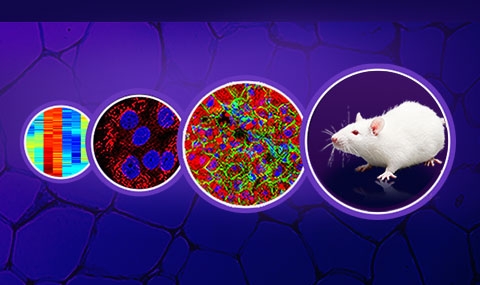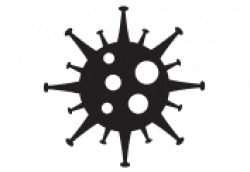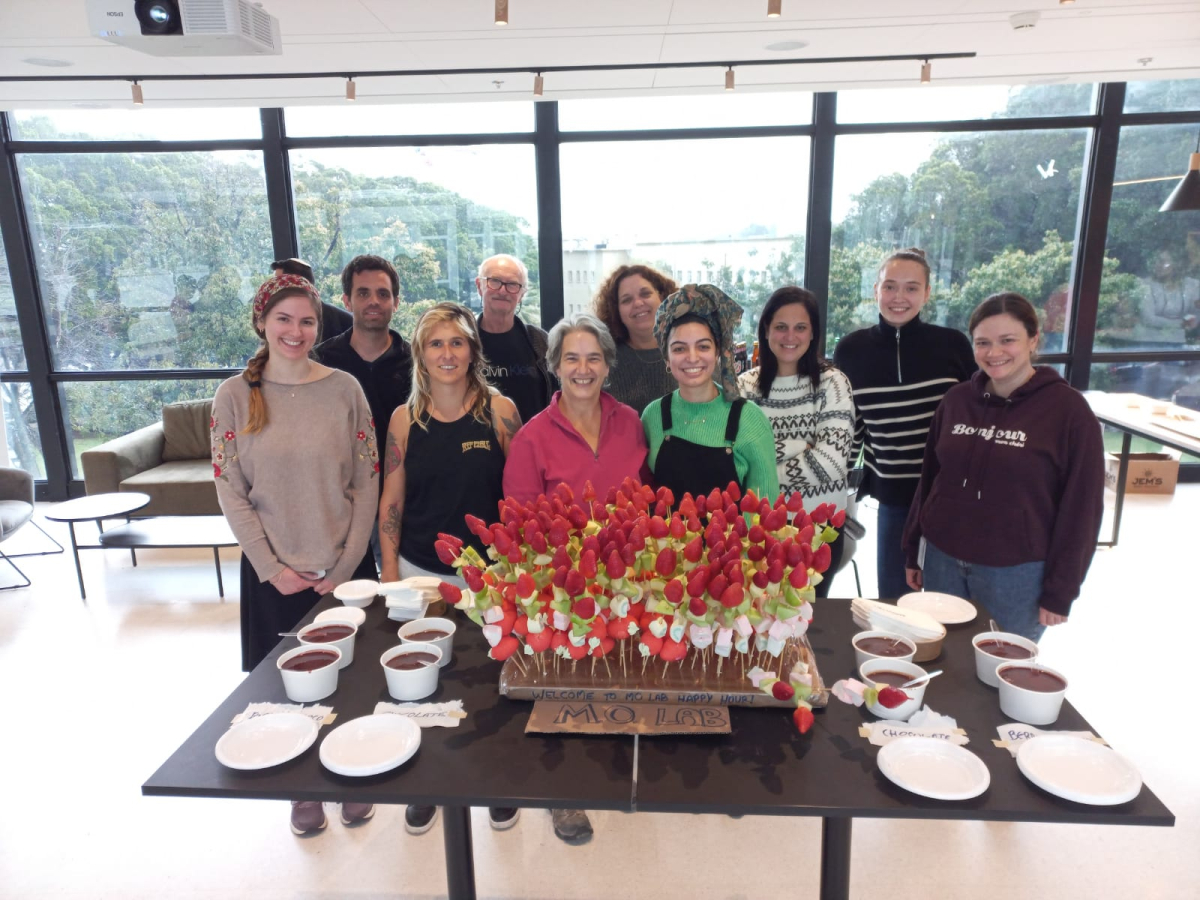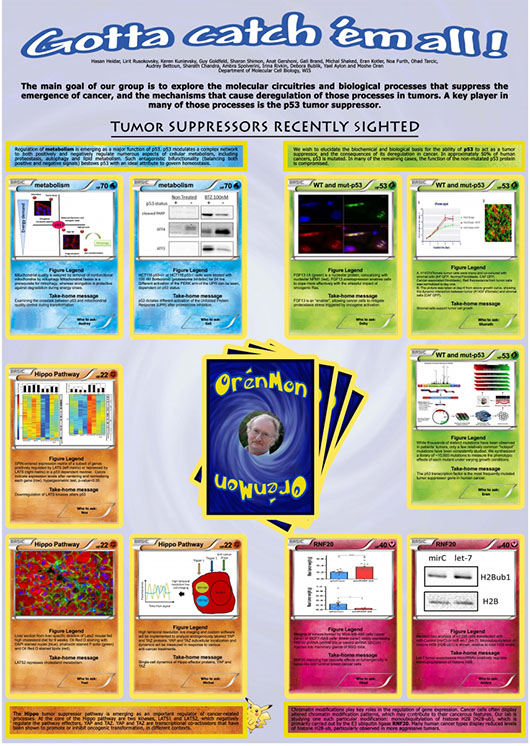The main goal of our group is to explore the molecular circuitries and biological processes that suppress the emergence of cancer, and the mechanisms that cause deregulation of those processes in tumors. We employ a broad range of state-of-the-art techniques such as fluorescent imaging, bulk and single cell RNA-sequencing, global-“omic” analyses of cancer databases, CRISPR-Cas9 gene editing and in vivo mouse tumor models, to tackle these issues with multidisciplinary approaches.
The p53 tumor suppressor gene is the most frequently mutated gene in cancer. When functional, p53 drives a transcriptional program leading to the elimination of cancerous cells. In contrast, cancer-associated mutations in p53 not only abolish its anti-tumor activity, but also endow the mutant p53 with cancer-promoting gain of function. Research in our lab focuses on understanding the roles and regulation of tumor suppressive wild type p53 as well as oncogenic mutant p53.
We are also interested in the “Hippo” tumor suppressive pathway, which plays important roles in developmental processes and is often deregulated in human cancer. At the heart of this pathway is a kinase cascade that negatively affects transcriptional output, positioning “Hippo” as a master controller of tumor growth and metastasis.
Interestingly, the activity of p53 and Hippo tumor-suppressive pathways are coordinated on multiple levels. This has been demonstrated by means of transcriptional profiling, protein-interactome, metabolism and cancer immunity. The cross-talk between these two pathways illustrates the complex signaling network that must be in place to prevent cancer.








